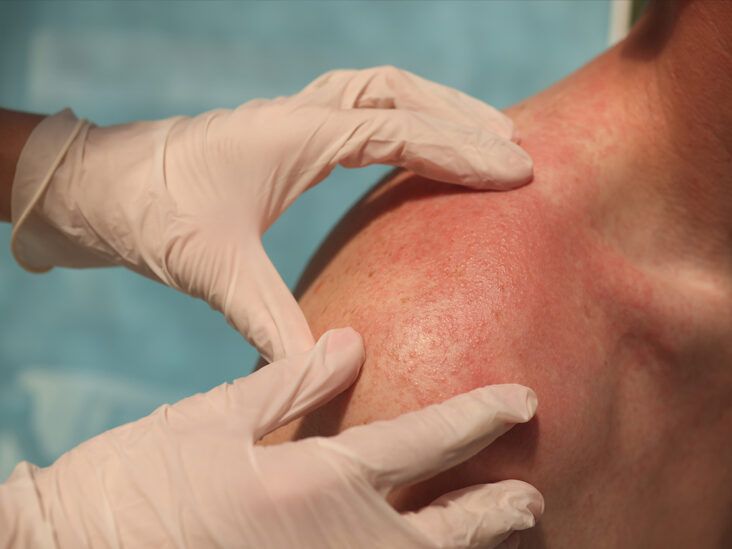Find solutions for with the help of a specialist in hair loss treatments.
Find solutions for with the help of a specialist in hair loss treatments.
Blog Article
Mohs Surgical Procedure Explained: A Secret Treatment in Dermatology for Managing Skin Cancer Properly
In the realm of dermatology, Mohs surgical procedure stands as a critical treatment for combating skin cancer, particularly basic cell and squamous cell carcinoma. This elaborate medical technique, conceived by Dr. skin cancer. Frederic E. Mohs, prioritizes the accurate excision of cancerous skin layers, leaving healthy and balanced tissue unblemished. What precisely makes Mohs surgical procedure so effective and exactly how does it add to positive individual outcomes? As we dive deeper into the procedure, its advantages, and possible complications, truth worth of this treatment ends up being significantly noticeable.
Recognizing the Basics of Mohs Surgical Procedure
Although it might sound facility, Mohs surgical treatment is an accurate surgical technique made use of mainly to treat skin cancer cells. The primary aim of Mohs surgical procedure is to eliminate all cancer cells while sparing as much healthy and balanced tissue as feasible. Its precision and high success price have actually made Mohs surgical treatment a cornerstone in dermatology, using hope to patients worldwide.

The Procedure: Step-by-Step Failure of Mohs Surgery
While Mohs surgical treatment could seem overwhelming, recognizing the detailed procedure can help debunk the procedure. If cancer cells are found, the cosmetic surgeon removes another layer of skin and the procedure is repeated. This cycle continues till no more cancer cells are found, ensuring the full removal of cancer cells while maintaining as much healthy skin as possible.
The Benefits of Mohs Surgical Treatment in Skin Cancer Cells Treatment
A remarkable number of people have found the distinct advantages of Mohs surgery in their battle against skin cancer cells. Regarded for its precision, this strategy targets cancerous cells while maintaining surrounding healthy and balanced tissue, bring about very little scarring. Its high accuracy lowers the opportunity of cancer recurrence, giving individuals with assurance. The treatment is normally carried out on an outpatient basis under neighborhood anesthesia, making it much less taxing on the body than even more invasive surgical treatments. Additionally, as it entails instant tiny evaluation of the gotten rid read the article of tissue, it makes certain complete cancer cells elimination in a solitary go to. Hence, it removes the requirement for numerous surgical treatments, conserving time and lowering stress for clients. As a result, Mohs surgical procedure offers a superior option for effective skin cancer therapy.
Feasible Dangers and Problems Related To Mohs Surgery
Regardless of its countless advantages, Mohs surgery is not without potential threats and issues. Like all procedures, it lugs a threat of infection, bleeding, and an adverse reaction to anesthetic. In unusual cases, patients might experience nerve damages, causing pins and needles or weakness in the location of surgical treatment. There's likewise the possibility of a recurrence or spread of skin cancer, particularly if all cancerous cells were not entirely gotten rid of throughout the procedure. Marking is one more issue, as it can be obvious depending upon the dimension and area of the cured location. The psychological effect of a skin cancer medical diagnosis and subsequent surgery ought to not be underestimated, as it can lead to anxiety and clinical depression in some individuals.
Getting ready for and Recovering From Mohs Surgery: What to Expect
To guarantee the most effective feasible result from Mohs surgery, patients require to appropriately plan for the treatment and recognize what to anticipate during recuperation. Prep work typically entails an in-depth discussion with the health care copyright regarding the individual's case history, current medicines, and prospective allergic reactions. Some drugs may require to be stopped prior to the surgery to minimize bleeding. Postoperative treatment is important for effective healing. Patients may experience mild pain, soreness, or swelling, which can be managed with prescribed medications. They are recommended to rest, prevent difficult activities, and keep the surgical site clean and completely dry. Routine follow-ups are needed to monitor recovery and spot any kind of issues check early. The secret to recovery is clients' adherence to their doctor's guidelines.
Conclusion

Report this page